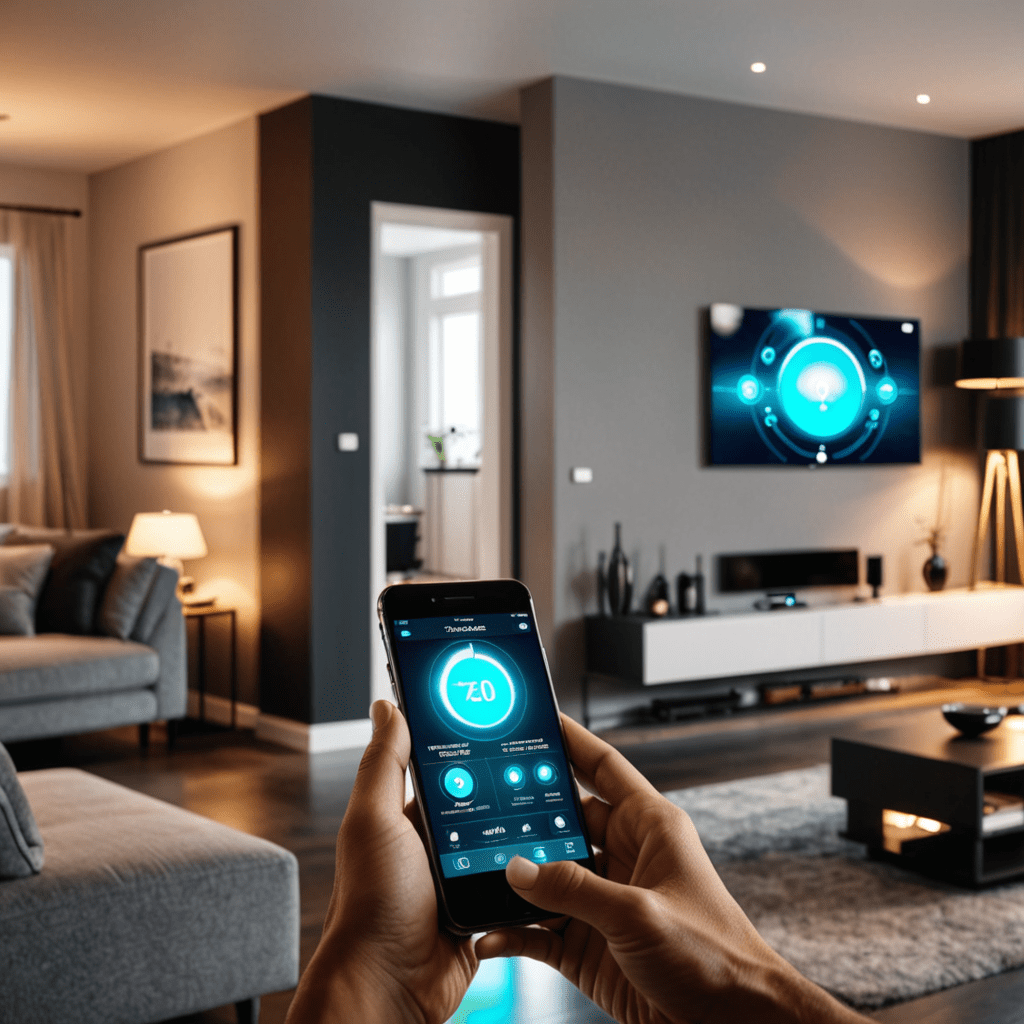
The Role of Smart Home Tech in Energy Savings
Smart home technology is revolutionizing the way we interact with our living spaces, offering not only convenience but also significant energy-saving benefits. Let’s delve into how these innovative devices can contribute to a more sustainable and cost-effective home environment.
1. Smart Thermostats: Efficient Temperature Control
Smart thermostats allow homeowners to regulate their home’s temperature remotely, adjust settings based on occupancy, and even learn household preferences over time. By optimizing heating and cooling patterns, these devices can reduce energy consumption and lower utility bills.
2. Energy Monitoring Systems: Insights into Usage
Energy monitoring systems provide real-time data on electricity usage, offering valuable insights into which appliances consume the most power. By identifying energy-intensive devices, homeowners can make informed decisions to minimize wastage and optimize their energy usage.
3. Smart Lighting Solutions: Adaptive Illumination
Smart lighting solutions offer automated control over lighting levels, schedules, and even color temperatures. By ensuring lights are only used when necessary and adjusting brightness levels accordingly, smart bulbs and switches contribute to energy efficiency within the home.
4. Power Strips and Outlets: Convenient Energy Management
Smart power strips and outlets enable users to remotely control electricity supply to devices, preventing energy drain from electronics on standby mode. By cutting off power when not in use, these solutions eliminate “phantom” energy consumption and promote energy savings.
5. Home Energy Storage: Sustainable Power Backup
Home energy storage systems, coupled with renewable energy sources like solar panels, offer a sustainable way to store excess energy for later use. By harnessing clean energy and reducing reliance on the grid, homeowners can lower their carbon footprint and save on electricity costs.
6. Automated Energy Optimization: Intelligent Systems
Integration of smart home devices allows for seamless automation of energy-saving strategies. From coordinating heating and cooling with occupancy patterns to adjusting lighting based on natural light levels, these intelligent systems work together to maximize energy efficiency in the home.
7. Future Innovations and Sustainability
As smart home technology continues to evolve, we can expect even more advanced solutions to further enhance energy savings and sustainability. From AI-driven energy management to interconnected eco-friendly appliances, the future of smart homes holds promising opportunities for reducing environmental impact and promoting a greener lifestyle.
FAQ about the Role of Smart Home Tech in Energy Savings
What is Smart Home Technology?
Smart home technology refers to devices and systems within a home that are connected to a network, allowing for remote monitoring and control. These devices can include thermostats, lighting, security cameras, and appliances.
How does Smart Home Tech contribute to Energy Savings?
Smart home technology helps save energy by enabling users to monitor and control their energy consumption more efficiently. Features like programmable thermostats, smart lighting, and energy-efficient appliances optimize energy use and reduce wastage.
What are some examples of Smart Home Tech that improve Energy Efficiency?
Examples include smart thermostats that learn your preferences and adjust temperatures accordingly, smart lighting systems that adjust brightness based on natural light, and energy monitoring devices that provide insights into your energy usage patterns.
Can Smart Home Tech Help Reduce Utility Bills?
Yes, smart home technology can lead to significant savings on utility bills by identifying energy waste, optimizing energy usage, and allowing users to make informed decisions about their consumption habits.

